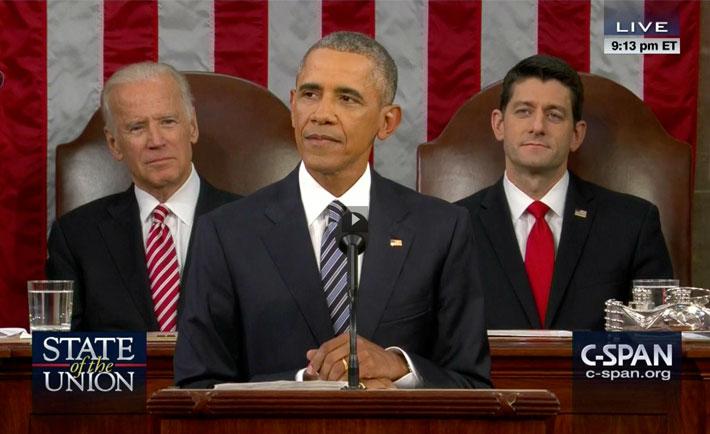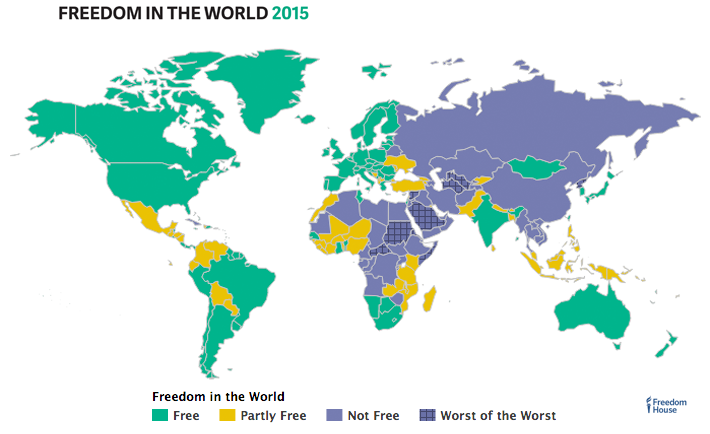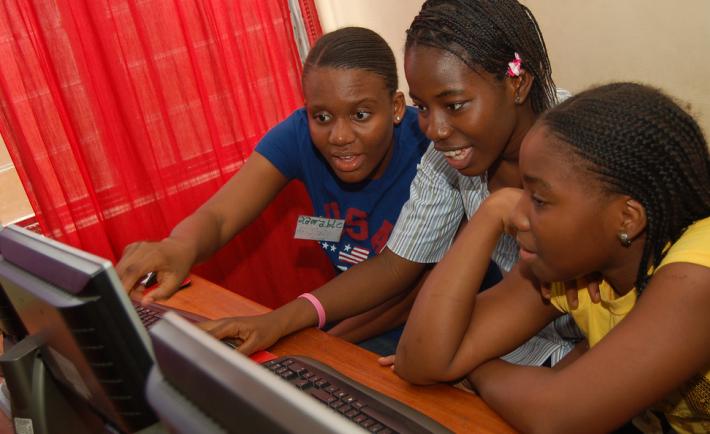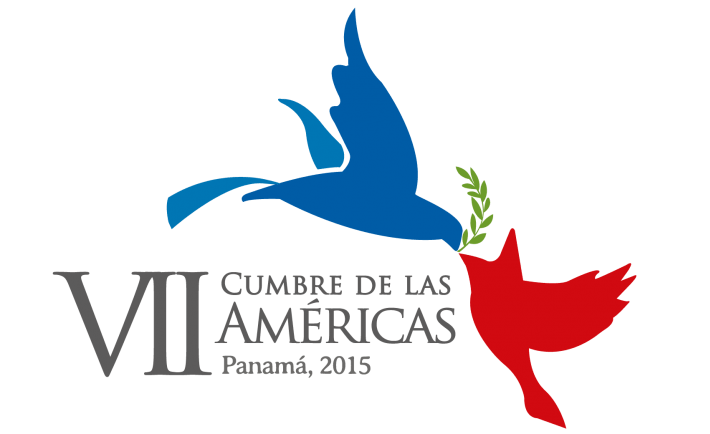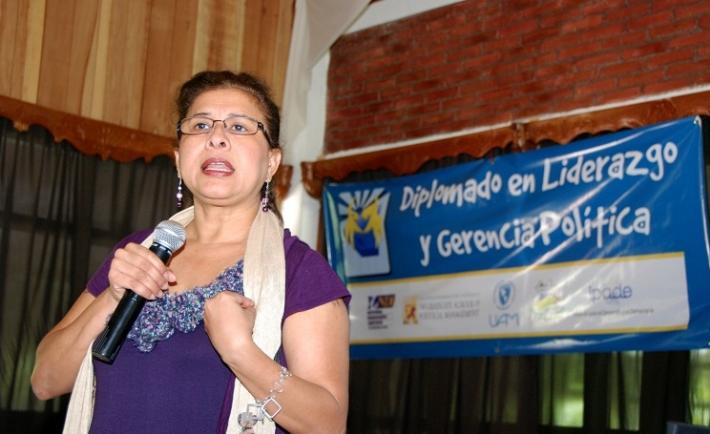
NDI's Nicaragua project is developing a community organizing component to complement youth leadership training through the Certificate in Leadership and Public Management.
More and more evidence suggests that politics matters for development, and that there is a need to do development differently by thinking and working politically. This refrain is intensifying and fueling efforts by donors, practitioners, and local partners to put this emerging approach into practice. But understanding the politics of change is only one part of the equation. Changing the politics is the other, more challenging part, especially when there are existing gaps in government transparency and accountability. Those of us working in the democracy and governance arena deal with this reality on a daily basis and have found some viable approaches when it comes to working politically.

